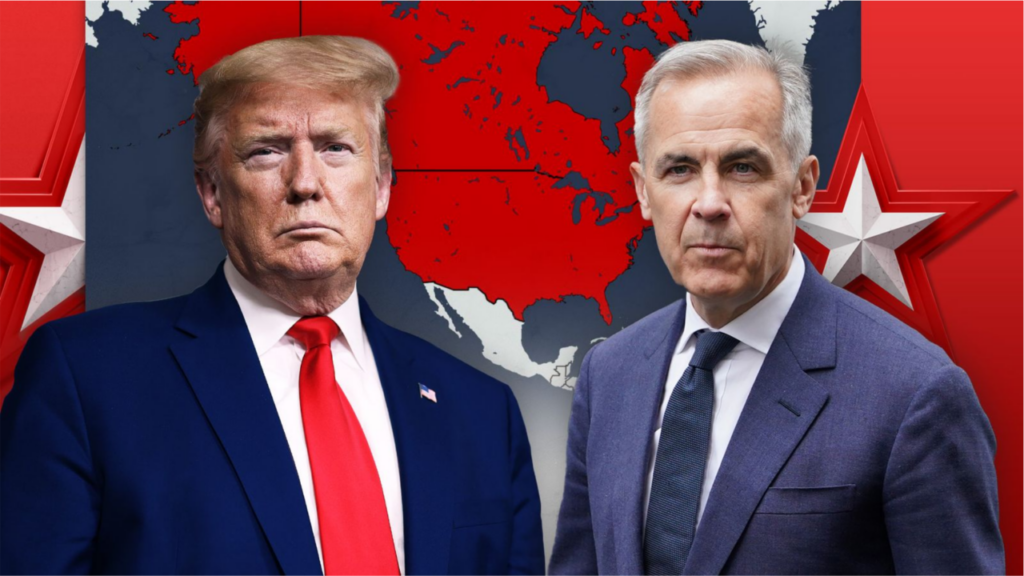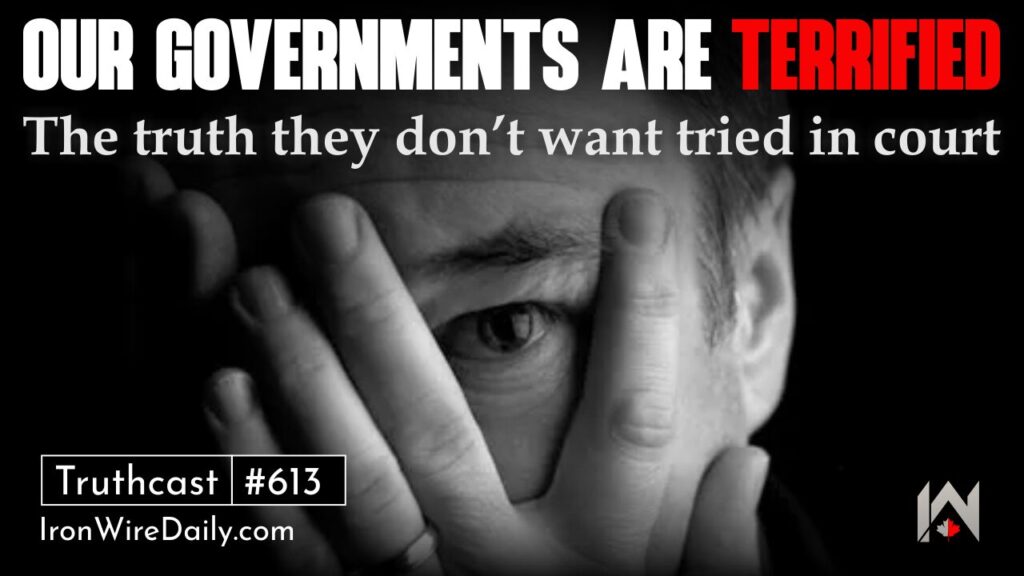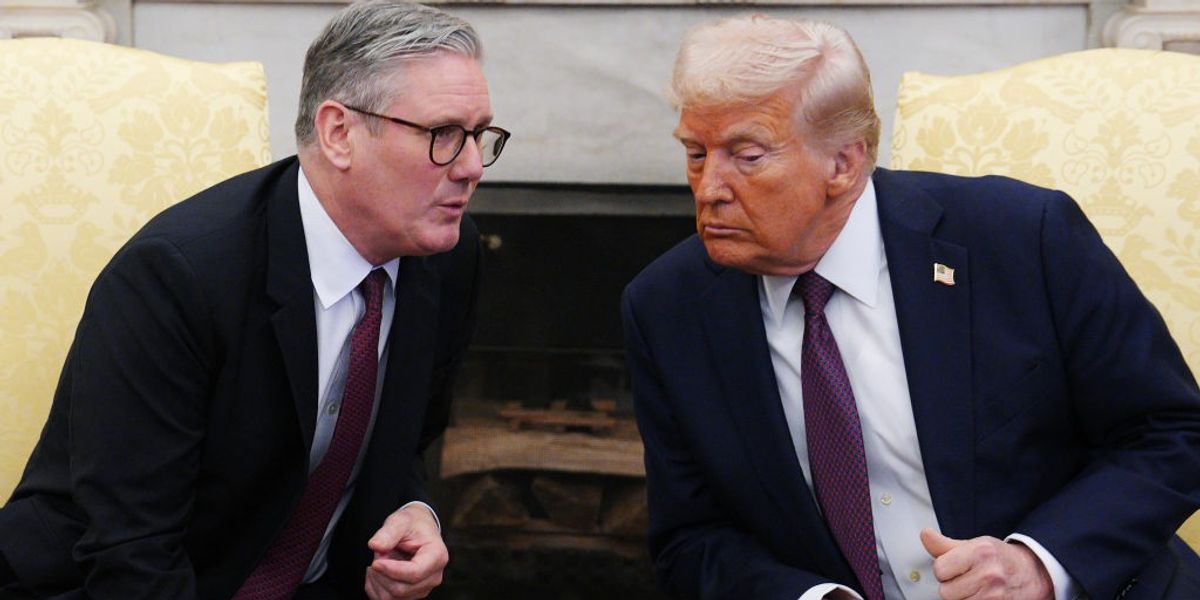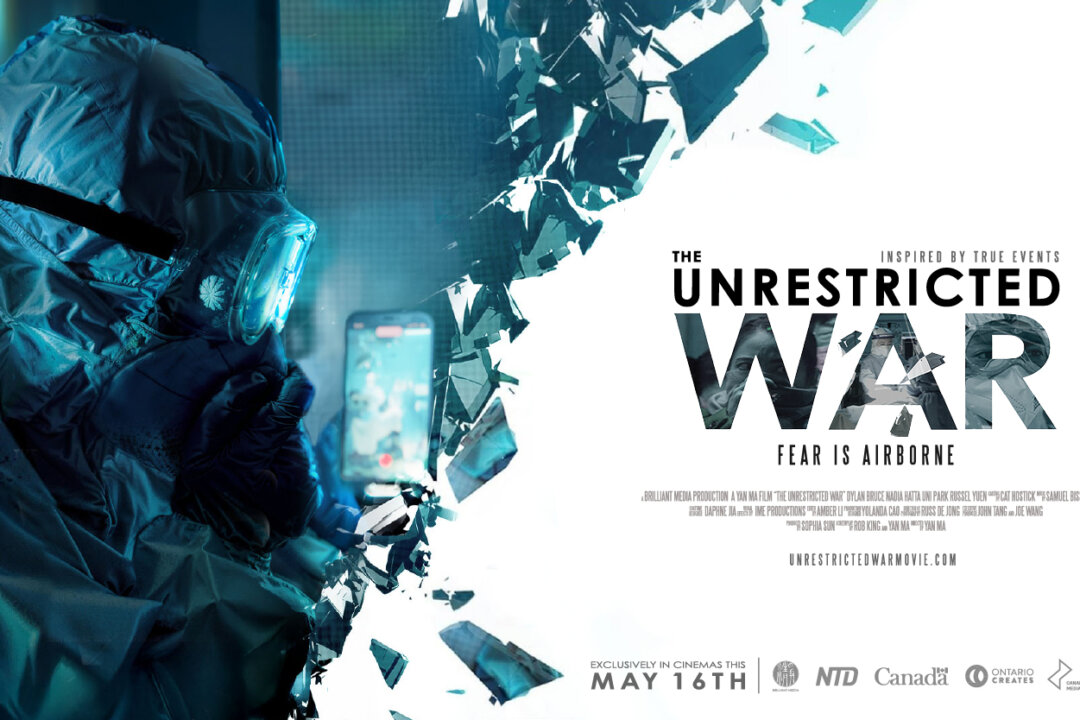Court Rejects Liability Claim Over Teen’s Vaccine Death + More
Source: Children’s Health Defense
Court Rejects Liability Claim Over Teen’s Vaccine Death
The Western Standard reported:
An Ontario judge has dismissed a lawsuit from the family of a high school student who died weeks after receiving a COVID-19 vaccination, ruling that the federal health department had no duty of care to individuals unintentionally harmed by pandemic policies.
“The plaintiff’s tragedy is real, but there is no private law duty of care made out,” wrote Ontario Superior Court Justice Sandra Antoniani. “There is no private law duty of care to individual members of the public injured by government core policy decisions in the handling of health emergencies which impact the general population.”
Blacklock’s Reporter says Sean Hartman, 17, of Beeton, Ont., passed away suddenly on Sept. 17, 2021, three weeks after taking a Pfizer-BioNTech vaccine. His family sought a ruling on whether the health department failed to properly warn Canadians of potential fatal risks linked to the COVID-19 vaccine.
Antoniani dismissed the case, stating that federal actions during the pandemic were designed to mitigate broad health impacts.
Former Seattle Employee Sues City Over Alleged Wrongful Termination and Religious Discrimination
A former city employee in Seattle has initiated a lawsuit against the city, claiming wrongful termination, religious discrimination, and retaliation after he was dismissed for refusing the COVID-19 vaccine, despite having received a religious exemption. The former employee is seeking either reinstatement or financial damages for lost wages, emotional distress, and other costs. He is also asking the court to declare the city’s civil service appeal process unconstitutional as it pertains to his case.
Brett J. Rogers, who previously served as a police officer with the Seattle Police Department and as an operations manager for the Seattle Department of Transportation, alleges that the city violated his constitutional rights by denying him due process and failing to accommodate his religious beliefs. In his lawsuit, filed in the U.S. District Court for the Western District of Washington, Rogers contends that Seattle’s handling of vaccine exemptions unfairly discriminated against employees with religious objections and that he faced retaliation after raising concerns about the process.
Having worked for the city for over 20 years, Rogers was granted a religious exemption from the vaccine mandate in October 2021 after submitting his request twice. However, instead of allowing him to continue working remotely, as he had been for several months, the city terminated his employment in April 2022.
The lawsuit claims that the city routinely granted accommodations to employees with medical exemptions but denied similar support to those with religious exemptions. Rogers argues that the process used to evaluate exemption requests was flawed from the outset.
BC Supreme Court Upholds Compensation for Unvaccinated Purolator Employees
The British Columbia Supreme Court has ruled against delivery company Purolator in a case challenging an arbitrator’s decision that required the company to compensate unvaccinated employees who were suspended or terminated due to the company’s COVID-19 vaccine mandate.
The ruling underscores the evolving legal landscape surrounding workplace vaccination policies and employer obligations in a post-pandemic environment. In September 2021, Purolator implemented a “safer workplaces policy,” mandating that all employees be vaccinated against COVID-19. Unvaccinated employees were initially placed on unpaid leave in January 2022, and those who did not attest to their vaccination status were terminated later that year.
The Teamsters union, representing affected employees, filed hundreds of grievances, arguing that the policy was no longer reasonable as scientific evidence on COVID-19 transmission evolved. In April 2023, Purolator ultimately dropped its vaccine mandate.
MLB Go-Ahead Entry Adds New Parks to Growing Biometric Roster
It’s baseball season again, and in biometrics circles, that means it’s time for a fresh round of Go-Ahead Entry deployments from MLB, powered by tech from NEC.
The Milwaukee Brewers will have the facial authentication system set up for opening day at American Family Field, where they say they want to help fans get into the ballpark more quickly.
Target Field, home to the Minnesota Twins, will also have the optional facial recognition ticketing system in place. As will three gates at Dodger Stadium, stronghold of Major League Baseball’s current champions.
The biometric access initiative began in 2023 with an activation at Philadelphia’s Citizens Park and is now in use at venues for the Houston Astros, San Francisco Giants, Washington Nationals, Tampa Bay Rays, Cincinnati Reds and Kansas City Royals, as well as the three teams mentioned above, bringing the total to 10.
In an interview with Fox6 News Milwaukee, Karri Zaremba, Senior Vice President of Ballpark Experience for MLB, says Go-Ahead Entry combines “free flow security screening with facial authentication and access control.”
Face Biometrics Popularity Comes With Opportunity and Risk
The U.K. Home Office was busted this week for requiring the nation’s airports to match the face biometrics of all passengers boarding domestic flights. The secret facial recognition checks have been going on for at least 15 years. The National Police Chiefs’ Council, meanwhile, told U.K. police forces not to share information on the use of banned surveillance software like PimEyes when responding to FOI requests.
China’s government, perhaps ironically, has moved to limit the indiscriminate use of face biometrics in the private sector with new regulations. New rules taking effect in June will require data protection impact assessments, explicit and informed consent and for companies handling large volumes of biometric data, registration with cybersecurity authorities.
Event ticketing and access is a growth area for face biometrics, but a data exposure by Brazilian app FacePass shows the risk to consumers of poor data storage practices. Researchers found 1.6 million files, including PII and selfies used in biometric identity verification, vulnerable. The data was not protected with either encryption or segmentation.
Live facial recognition in public spaces was long considered solely the domain of China, but London police are planning to install fixed cameras running LFR when officers are nearby on lampposts or building exteriors in June or July. The ICO has warned the guidelines for police use of the technology are lacking, in one of a series of cautions about gaps in regulation, oversight, and public engagement.
















